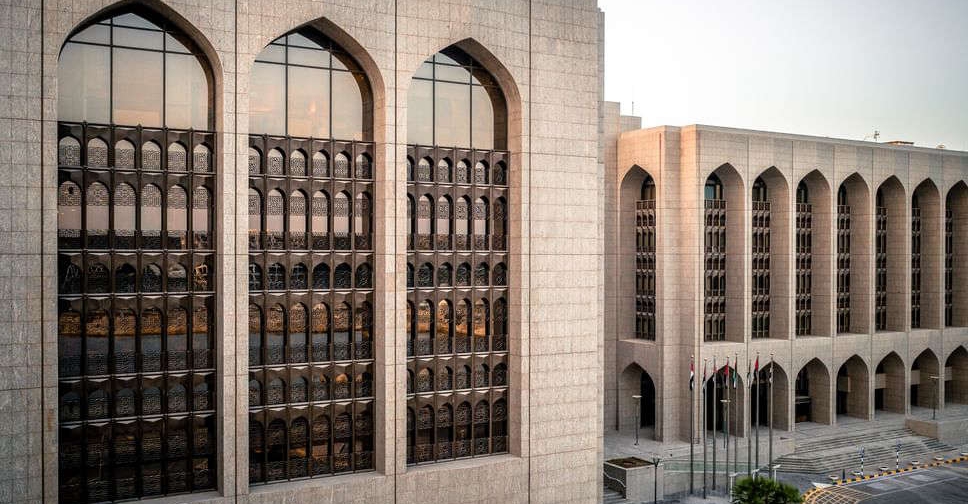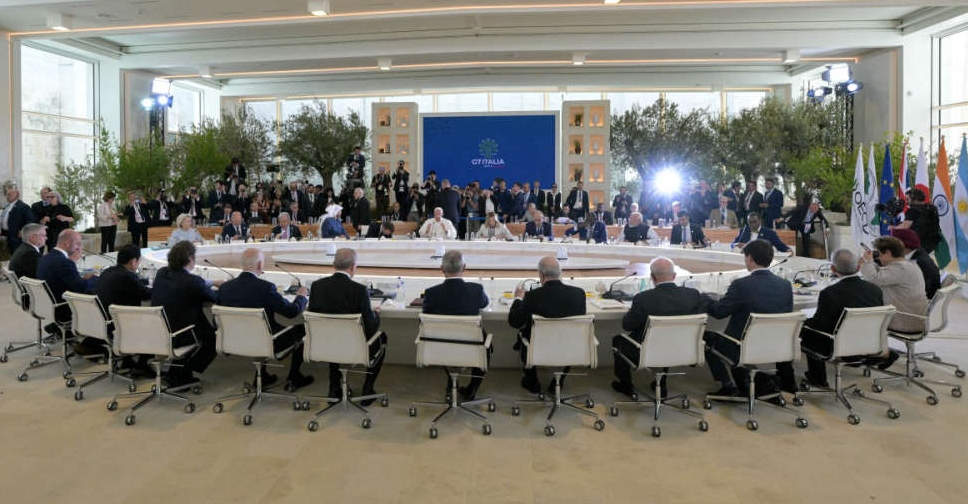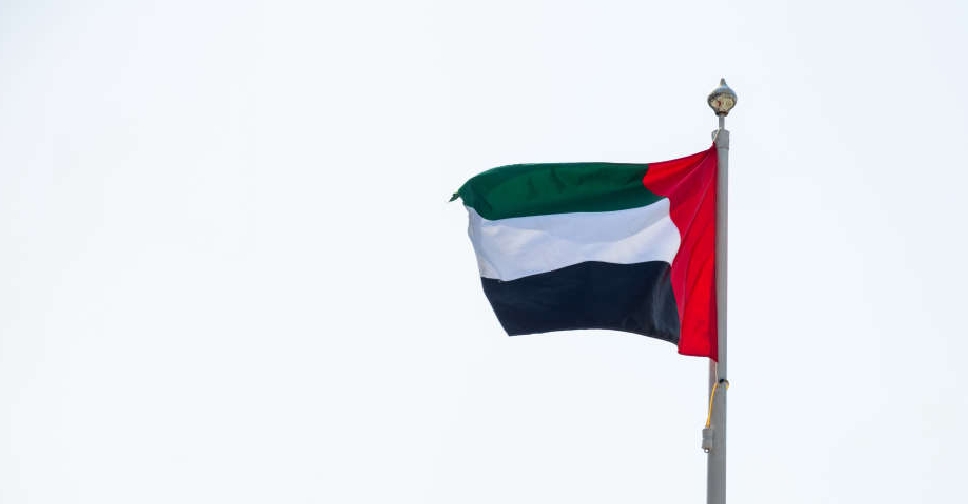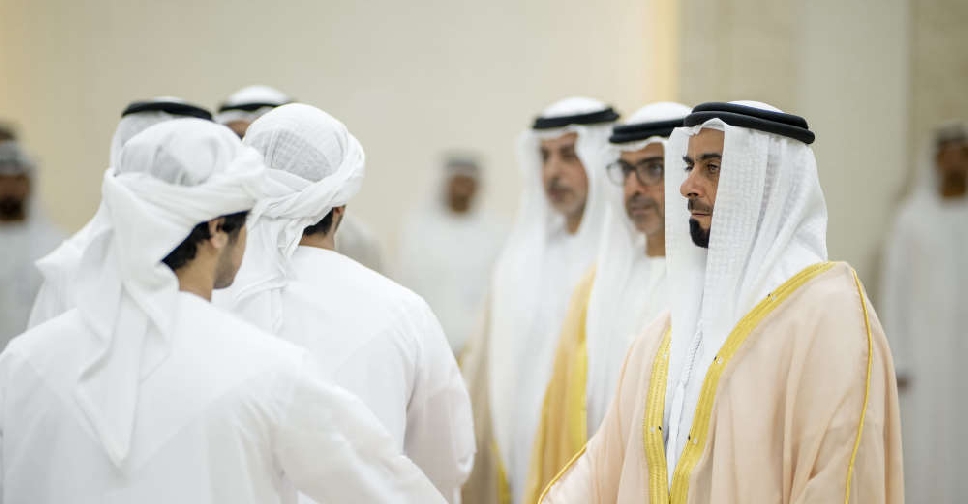
The Central Bank of the UAE (CBUAE) has raised its forecast for the Gross Domestic Product (GDP) growth for the UAE in 2024, to 5.7 per cent, compared to its previous projection of 4.3 per cent.
The bank stated in a report released on Thursday that the overall GDP for the country is expected to grow by 3.1 per cent in 2023.
The report anticipates a non-oil GDP growth of 5.9 per cent in 2023 and 4.7 per cent in the following year, while estimating the oil GDP growth at 8.1 per cent in 2024.
The Central Bank added that the UAE economy recorded a 3.8 per cent year-on-year (YoY) growth in the second quarter of 2023, compared to 8 per cent recorded in the same period last year, aligning similarly with the first quarter of the current year.
It mentioned that the non-oil GDP growth accelerated to 7.3 per cent YoY in the second quarter of the current year, up from 4.5 per cent YoY in the previous quarter and 6.4 per cent YoY compared to the same period last year.
Regarding the non-oil sectors of the economy, the report highlighted significant expansions in financial services, insurance, construction, wholesale and retail trade.
It stated that the unified financial surplus during the first half of the current year amounted to AED 47.4 billion, or 5.2 per cent of the GDP, compared to a surplus of 13.4 per cent during the same period in 2022.
According to the report, government revenues reached AED 246.9 billion, constituting 26.4 per cent of the GDP on an annual basis during the first half of 2023.
Meanwhile, total expenditures amounted to AED 199.5 billion, accounting for 21.3 percent of the GDP on an annual basis.
The Central Bank's report highlighted the continued robustness of non-oil private sector economic activity. The Purchasing Managers' Index (PMI) for the UAE surged to 57.7 in October, marking its highest level since June 2019.
The improvement in working conditions was propelled by a sharp rise in both business activity and new orders, particularly in new export orders, growing at the fastest pace in over four years.
The report indicated that the PMI data generally signalled strong growth in the non-oil sector in the third quarter and in October. Companies remained optimistic about expectations over the next twelve months.
The report also noted an increase in Dubai's PMI to its highest level since August 2022, reaching 57.4 in October. The substantial increase in new orders, expanding at the fastest pace since mid-2019, was the primary driver for the overall increase, boosting business confidence to its highest level in over three years.
It pointed out that in line with the economic activity's resilience, private-sector employment continued to expand rapidly. The number of employees in this sector in September reached a 5.5 per cent higher ratio than the previous year, with total wages in the private sector rising by 8.2 per cent annually.

 Pixar's Inside Out 2 breaks opening weekend record
Pixar's Inside Out 2 breaks opening weekend record
 Vanguard vote switch helped pass Elon Musk's $56 billion pay package
Vanguard vote switch helped pass Elon Musk's $56 billion pay package
 G-7 agrees to launch action plan over AI impact on labour
G-7 agrees to launch action plan over AI impact on labour
 Tesla's Musk wins shareholder approval for $56 billion pay package
Tesla's Musk wins shareholder approval for $56 billion pay package
 ADCCI signs cooperation agreement with Angola-UAE Chamber
ADCCI signs cooperation agreement with Angola-UAE Chamber




